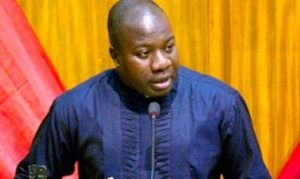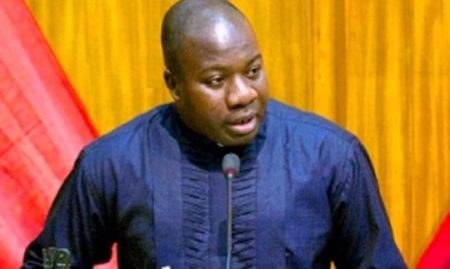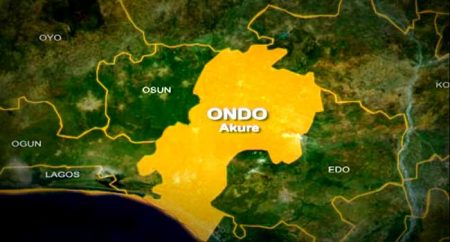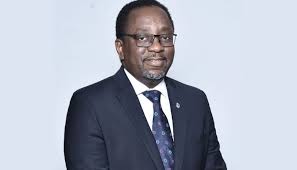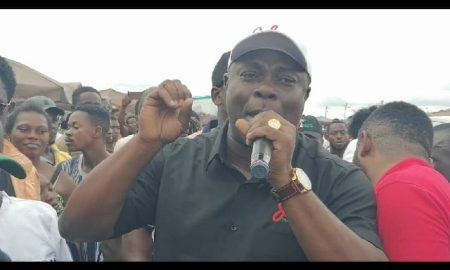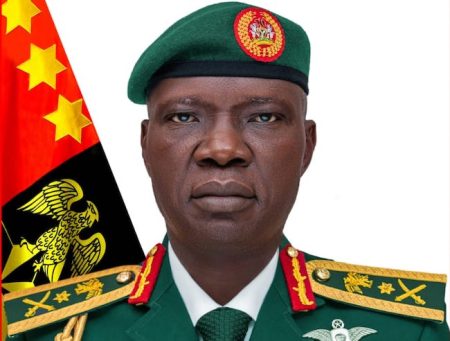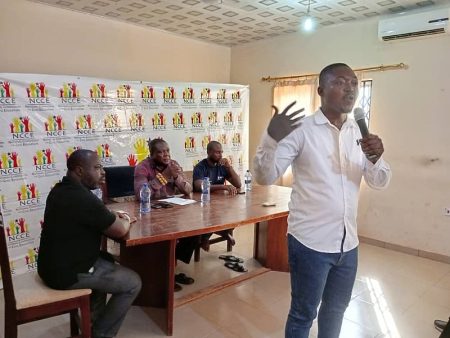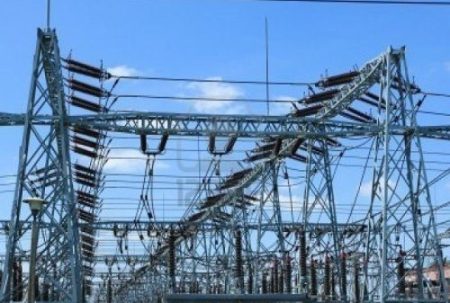On Monday, Tolu Bankole, a member of the All Progressives Congress National Working Committee, called upon the 774 local government chairmen across Nigeria to appoint supervisors dedicated to addressing the concerns of Persons With Disabilities (PWDs). In a statement issued in Abuja, Bankole emphasized the importance of this recommendation for fostering inclusivity at the grassroots level, especially with newly elected leadership now in place throughout the country. His appeal follows a significant Supreme Court ruling, which affirmed the right of local governments to receive direct monthly allocations from the federation account, granting them full operational autonomy as intended by the 1999 amended Constitution. This new autonomy creates an opportunity for local governments to implement policies that directly engage and support marginalized communities, particularly PWDs.
Bankole’s argument centered on the ongoing exclusion of PWDs from leadership positions and the decision-making processes within local government administration. He pointed out that despite various appeals and engagement efforts, the existing structures in many local government areas still reflect a worrying absence of PWD representation. To rectify this issue, he urged that each local government area appoint a supervisor—preferably a person with a disability— who could serve as a vital link between the government and the PWD community. This step would not only facilitate better representation but would also contribute to mitigating the stigma that PWDs face, thereby promoting equality in local governance.
Highlighting the proximity of local governments to the citizens they serve, Bankole stressed that the policies shaped at this level have a significant impact on the daily lives of residents. Yet, the lack of direct representation for PWDs in leadership roles means that their voices are often unheard. Having an appointed supervisor within each local government would ensure that the needs and concerns of PWDs are voiced and prioritized. This person would not only advocate for PWDs but would also play a crucial role in ensuring that policies comply with the Discrimination Against Persons with Disabilities (Prohibition) Act of 2018, which aims to eliminate discrimination and enhance the rights of persons with disabilities in Nigeria.
The urgency of this initiative lies in addressing the longstanding challenges faced by PWDs in accessing equitable treatment and opportunities within society. With the current legislative framework providing support for PWD rights, Bankole’s plea underscores the necessity for effective implementation at the local government level, where it can have the most direct effects. By institutionalizing the role of a supervisor for PWD matters, local governments would take a definitive step toward recognizing and addressing the specific challenges faced by this community. This change would not only benefit PWDs, but it would also enrich local governance by fostering a more collaborative and inclusive environment.
In his statement, Bankole reiterated the call-to-action for local government leaders and other stakeholders to embrace this initiative wholeheartedly. He expressed optimism that such appointments would pave the way for a more inclusive and equitable society for all Nigerians. By promoting the well-being and participation of PWDs in governance, this measure serves as a critical means of bridging the gap between governmental policies and the real needs of diverse communities, thereby reinforcing the foundations of democracy in Nigeria.
In conclusion, the appeal made by Tolu Bankole represents an essential step forward in advocating for the rights and inclusion of Persons with Disabilities within the Nigerian local government framework. As local governments are pivotal in the implementation of policies that affect the daily lives of citizens, the appointment of supervisors dedicated to PWD issues is a practical approach to ensuring that the voices of marginalized communities are heard and considered. Bankole’s call to action not only highlights the disparities faced by PWDs but also urges the need for proactive measures that can engender a more inclusive society, ultimately reflecting the democratic ideals of equity, diversity, and representation at all levels of governance. The success of this initiative could serve as a model for other regions and contribute to broader systemic changes within the governance structure in Nigeria.


